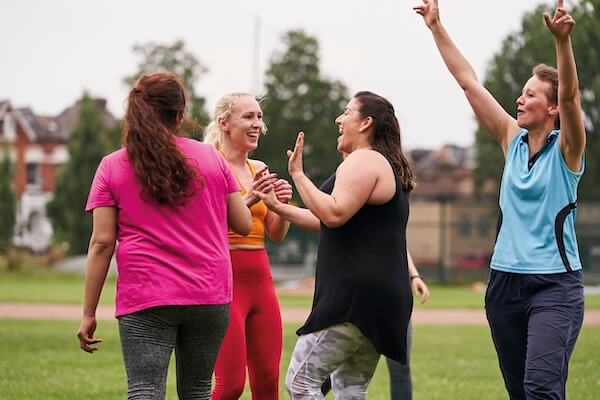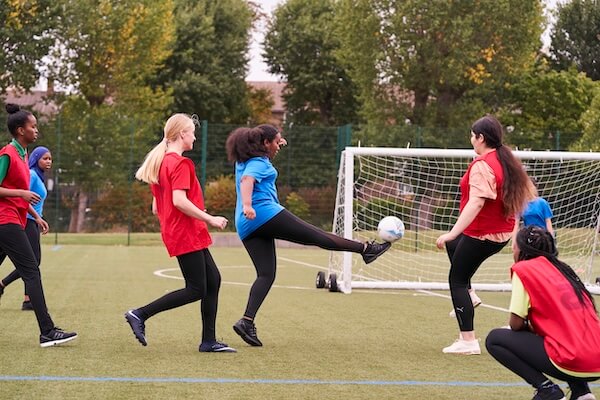
Introduction: Beyond the Game
Think about the last time you joined a sports team or a fitness class. Sure, there was the thrill of the game or the satisfaction of a good workout, but what really sticks with you? More often than not, it’s the people you meet and the connections you make. These experiences go beyond physical achievements—they create bonds and memories that can last a lifetime. Let’s explore some heartwarming stories of how sports and fitness have brought people together in ways they never expected.
Mimi: The Unexpected Family
Mimi stepped onto a college volleyball court for the first time and felt the thrill of the game. But she didn't expect to find a family. "In volleyball, it's not just about individual skill; it's about teamwork, coordination, and trust," Mimi says.
Her team became more than just teammates—they became her closest friends. They shared meals, traveled together, and supported each other through college life. Years later, those bonds remain strong, proving that the best part of sports is often the friendships that come with it.
Andrew: From Pool to Profession
Andrew Pickett’s story shows how sports can benefit both personal and professional life. As a varsity swimmer at the University of Virginia, Andrew made lasting friendships. "I still do regular outdoor activities like hiking, rock climbing, and surfing with my college friends," he shares.
Swimming
also helped Andrew in his career. As a prosecutor,
training with other attorneys allowed him to network and share
insights in an informal setting. These friendships have supported
his mental and emotional well-being, highlighting the many
advantages of sports-related
connections.
Grace: Netball and New Beginnings
Grace Armstrong moved from Western Australia to Queensland and joined a mixed netball league through 'Just Play'. "We got so lucky with our team and have become great friends with everyone since our first season," Grace recounts. Despite their different ages and backgrounds, the team quickly bonded.
For Grace and her friends, netball provided a sense of community and support. Her roommate Harry, who was struggling with work, found joy in their weekly games. This shows how exercise and community can significantly improve our lives.
Mac: A New City, A New Team
Moving to a new city can be tough, but for Mac, joining a local recreational soccer league made it easier. "During the games and practices, I really hit it off with one of my teammates," Mac recalls. This shared passion for soccer led to a strong friendship, extending beyond the field to watching European league games together.
For Mac, soccer provided a sense of community and belonging in an unfamiliar place. His story shows how sports can help us feel at home, even when we're far from it.
Liz: Finding Community in Ju Jutsu
After feeling isolated and sedentary, Liz Kirk took a self-defence course at her local civic centre, which led her to Ju Jutsu. "I found myself welcomed into a strong, inclusive, supportive community," she shares.
Ju Jutsu gave Liz not just fitness, but a sense of purpose and belonging. This highlights how sports can offer more than physical benefits—they can provide a supportive and diverse community.
Your Next Chapter
Are you looking to get active or reconnect with a sport you loved as a child? Choosing an activity you genuinely enjoy is key to staying committed long-term, unlike forcing yourself into something less appealing. Sports offer countless benefits beyond physical fitness, providing a sense of community, building lasting friendships, and boosting your mental well-being. So, lace up those sneakers, pick up that racket, or dive back into the pool. Embrace the joy of movement and the camaraderie that comes with it. Explore KeepActive to find activities that suit any level of fitness and play. Your next great connection could be just a game away.
Thanks to our story contributers
- Mimi Nguyen from Cafely
- Andrew Pickett from Picket Law
- Grace Armstrong
- Mac Steer from Sims Direct
- Lix Kirk from Beyond Ergo






